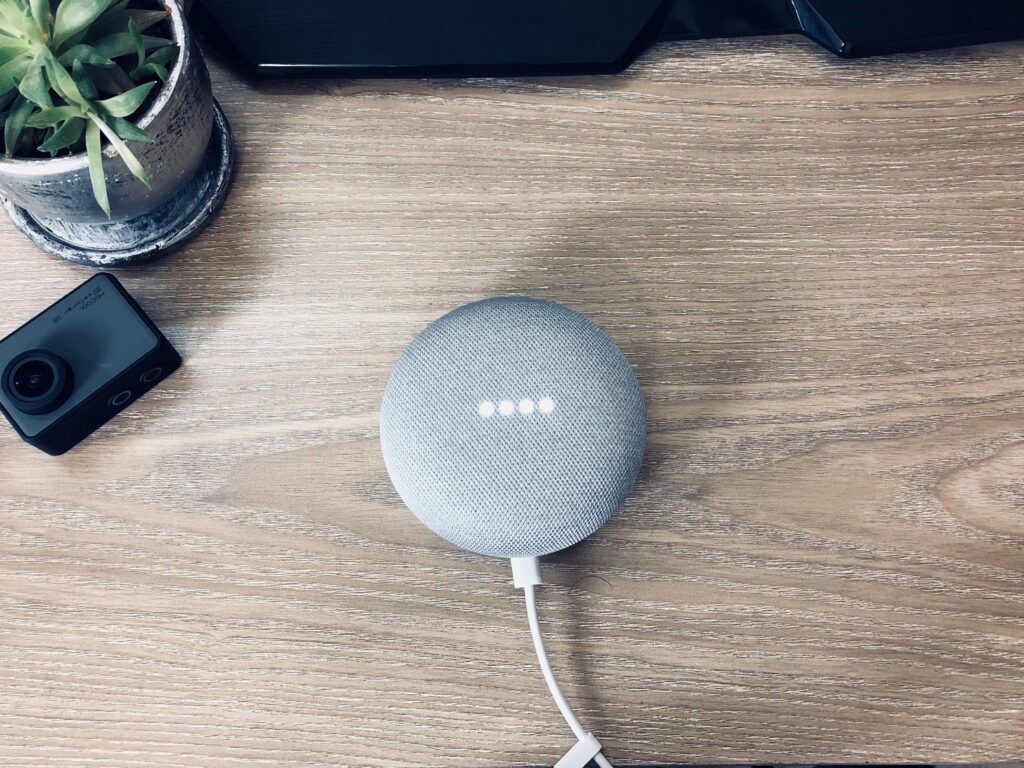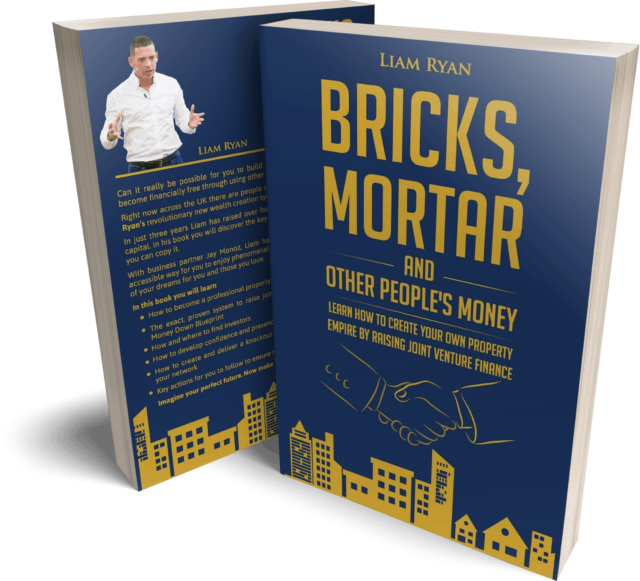Discover the best UK cities to invest in property in 2026, with strong rental demand, high yields, regeneration and growth potential.
Read MoreWe’re at the cusp of a new era where smart homes powered by IoT (The Internet of Things) technology and home automation systems are making our lives more convenient, comfortable, and efficient. The idea of controlling every aspect of your home with your smartphone may have sounded like science fiction a decade ago, but with advancements in technology, it has become a reality. With the rise of smart homes, we’re able to optimise our living spaces and create a seamless experience where our appliances, lighting, and heating are connected and controlled through a centralised system. In this post, we’ll explore the innovations and transformations that have led to the growth of smart homes and what the future holds for this exciting and dynamic field.
Table of Contents
Toggle
The integration of IoT technology has made it possible to automate many household systems with the click of a button. From smart thermostats that learn your behavior and preferences, to voice-activated assistants that can control lighting and appliances, the possibilities are endless. Devices like Amazon’s Alexa and Google Assistant have transformed the way we interact with our homes, making it possible to control everything from your phone or tablet while sitting on the couch.
Home security has also been revolutionised with the introduction of smart locks and cameras, making it possible for homeowners to monitor their homes remotely and receive alerts if there is a potential break-in. The integration of AI and machine learning has made these systems more intelligent, with the ability to recognise faces and learn from activity patterns to better secure your property.
Apart from the practical applications, smart homes have also had a significant impact on the environment by reducing energy consumption. With connected devices, homeowners can monitor their energy use and make adjustments to reduce their carbon footprint. Smart lighting systems, for instance, are designed to respond to natural light and can automatically adjust to reduce energy consumption. Appliances such as washing machines and dryers can be scheduled to run during off-peak hours, reducing strain on the power grid and saving homeowners money.
Another key area where smart homes have had a significant impact is in the health and well-being of occupants. Connected systems can monitor air quality and humidity levels and make adjustments to create healthier living spaces. Smart lighting systems can simulate natural daylight patterns, which has been shown to improve sleep quality and productivity. With the ability to track fitness and health data, wearables have also been integrated into smart homes, allowing users to monitor their progress and receive personalised recommendations.
With the advancement of IoT technology, smart homes are set to become more than just efficient and secure living spaces. They offer endless possibilities for homeowners to create the ultimate personalised living experience while also contributing to a sustainable future. As we continue to see innovative applications of home automation systems, the smart home market will only grow and become the norm. The future of living is here, and it’s exciting to see where the developments in smart homes will take us.
If you want to level up your social media game, click here to get your FREE guide!
Discover the best UK cities to invest in property in 2026, with strong rental demand, high yields, regeneration and growth potential.
Read MoreThinking of selling your buy-to-let? Learn how to time the market, manage tax and maximise equity with expert landlord advice.
Read MoreDiscover UK planning permission loopholes, permitted development rights and when you can extend, convert or renovate without consent.
Read MoreLearn what the Bank of England base rate is, how it’s set, and how changes can impact buy-to-let mortgages and property investors.
Read More
Claim Your Free Copy
Assets For Life LTD is a company incorporated in England and Wales with registered number 09935286 and registered offices at Assets for Life Ltd, Suite 105, Waterhouse Business Centre, 2 Cromar Way, Chelmsford, Essex, England, CM1 2QE, United Kingdom.
Assets For Life LTD is registered with the Information Commissioner’s Office, with registration number ZA280607
COPYRIGHT © 2024 ASSETS FOR LIFE, ALL RIGHTS RESERVED. WEBSITE BY AMPLIFY MARKETING